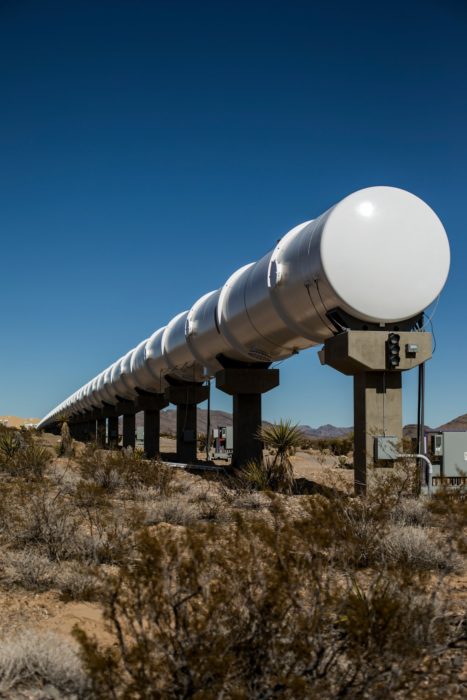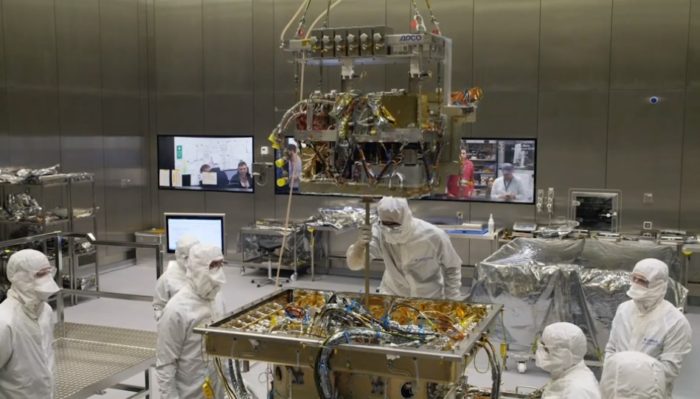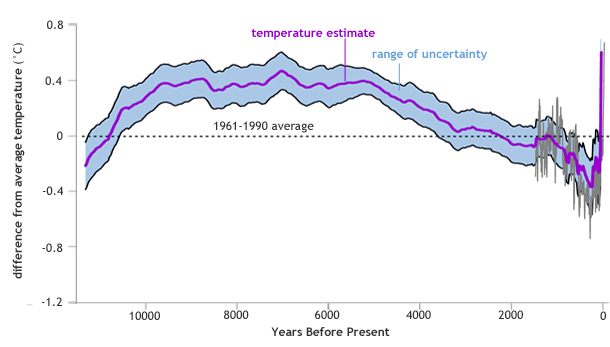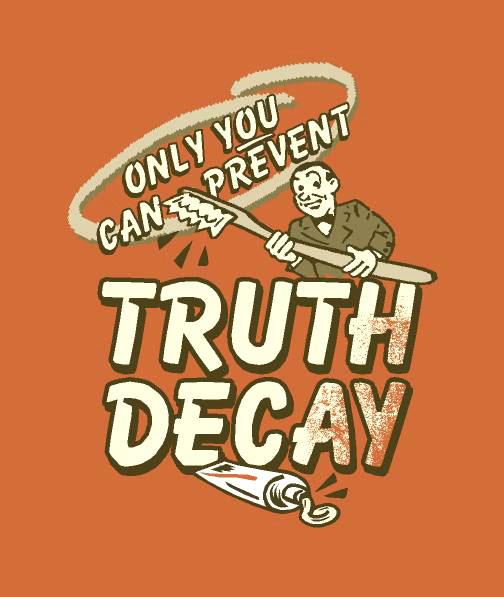May 31 2019
Teaching Media Literacy
 Like many activist skeptics I have spoken to, on several occasions I have been summoned to jury duty, which was a short-lived experience. On voir dire I was asked what I do and the fact that I host a skeptical podcast came up. This lead to my almost instantaneous dismissal. Lawyers, apparently, don’t want a skeptical jury. They want jurors they can manipulate. Likewise, politicians often appreciate a pliable electorate, willing to internalize whatever slogan or propaganda they feed them. Democracy, however, functions best when citizens are informed and can think critically about the information politicians and their government are feeding them.
Like many activist skeptics I have spoken to, on several occasions I have been summoned to jury duty, which was a short-lived experience. On voir dire I was asked what I do and the fact that I host a skeptical podcast came up. This lead to my almost instantaneous dismissal. Lawyers, apparently, don’t want a skeptical jury. They want jurors they can manipulate. Likewise, politicians often appreciate a pliable electorate, willing to internalize whatever slogan or propaganda they feed them. Democracy, however, functions best when citizens are informed and can think critically about the information politicians and their government are feeding them.
This is why there is so much hand-wringing over what many feel is a crisis of “fake news.” As is often pointed out, fake news is nothing new, but we do seem to be entering an era of “truth decay.” Media contains more appeals to emotion, and fewer verifiable facts. Social media is certainly playing a role in this, but of course it is complicated to fully define this. The prevailing question is – what do we do about it?
As CNN reports, Finland’s answer is to do something radical – teach media literacy to all citizens. As CNN also points out, Finland is a small homogeneous country with a particular culture and national identity, which means we cannot simply extrapolate their experience to other countries. The media landscape in the US, for example, is very different. But, there is also likely considerable overlap in the challenges being faced. Finland also faces Russian propaganda exploits, and is dealing with the same array of social media outlets as everyone else.
What is media literacy? The National Association for Media Literacy Education (which ironically has the horrible acronym NAMLE), defines media literacy as:
The ability to ACCESS, ANALYZE, EVALUATE, CREATE, and ACT using all forms of communication.
One example of good communication would be, for example, not overusing all caps. But seriously, the goal is essentially to teach critical thinking in the context of consuming all media. This goal might be familiar to the readers of this blog. This is also the exact topic of my recent book, The Skeptics’ Guide to the Universe: How to know what’s really real in a world increasingly full of fake. The subtitle is another way to frame media literacy.

 The primary solution to avoid the worst consequences of CO2 induced climate change is to reduce the release of additional CO2 into the atmosphere. So far we have not achieved even this goal – the global release of CO2
The primary solution to avoid the worst consequences of CO2 induced climate change is to reduce the release of additional CO2 into the atmosphere. So far we have not achieved even this goal – the global release of CO2  Here is another future technology where it is not yet clear how things will work out – the hyperloop concept. Several companies are working on developing what is called a hyperloop – a closed tube with reduced air pressure that will operate like a rail system for high-speed travel. The idea is almost a staple of science fiction, but could one day be a reality.
Here is another future technology where it is not yet clear how things will work out – the hyperloop concept. Several companies are working on developing what is called a hyperloop – a closed tube with reduced air pressure that will operate like a rail system for high-speed travel. The idea is almost a staple of science fiction, but could one day be a reality. Energy storage is now a critical technology for the future of our energy infrastructure. We want to move to renewable forms of energy, but many of them are intermittent sources, and so energy storage will be necessary. At low penetration, up to about 30%, we can essentially use the grid as if it were a battery – putting unused energy into the grid when producing excess, and then taking from the grid when demand exceeds production. Having an efficient electrical grid is essential for this strategy, but it has inherent limits. It requires that the majority of electricity in the grid comes from base load or on-demand sources.
Energy storage is now a critical technology for the future of our energy infrastructure. We want to move to renewable forms of energy, but many of them are intermittent sources, and so energy storage will be necessary. At low penetration, up to about 30%, we can essentially use the grid as if it were a battery – putting unused energy into the grid when producing excess, and then taking from the grid when demand exceeds production. Having an efficient electrical grid is essential for this strategy, but it has inherent limits. It requires that the majority of electricity in the grid comes from base load or on-demand sources.
 The Center for Inquiry (CFI)
The Center for Inquiry (CFI) One of the greatest scientific questions to remain unanswered so far concerns the existence of life outside of the Earth. So far the only place in the universe where life has been confirmed in on Earth itself. There is almost certainly life elsewhere, the universe being as big as it is, but we have not confirmed it.
One of the greatest scientific questions to remain unanswered so far concerns the existence of life outside of the Earth. So far the only place in the universe where life has been confirmed in on Earth itself. There is almost certainly life elsewhere, the universe being as big as it is, but we have not confirmed it. Whenever the issue of climate comes up on this blog (or even just in the comments on unrelated articles), climate change deniers make an appearance. Consistently they use terrible arguments – relying on straw men, factually incorrect statements, deliberately confusing and blurring the lines, and committing just about every logical fallacy. They are also the same recycled arguments I see over and over, regardless of how many times they are refuted. That is how you know a position is intellectually dishonest, it never changes. It just moves around to the same repertoire of refuted positions.
Whenever the issue of climate comes up on this blog (or even just in the comments on unrelated articles), climate change deniers make an appearance. Consistently they use terrible arguments – relying on straw men, factually incorrect statements, deliberately confusing and blurring the lines, and committing just about every logical fallacy. They are also the same recycled arguments I see over and over, regardless of how many times they are refuted. That is how you know a position is intellectually dishonest, it never changes. It just moves around to the same repertoire of refuted positions. The synergy between AI research and neuroscience is fascinating, and becoming more so. Knowledge of how organic brains function is informing our approaches to artificial intelligence, and research into AI is informing our understanding of neuroscience. I think this process will eventually lead to an artificial human brain, but it’s very hard to predict how long this will take.
The synergy between AI research and neuroscience is fascinating, and becoming more so. Knowledge of how organic brains function is informing our approaches to artificial intelligence, and research into AI is informing our understanding of neuroscience. I think this process will eventually lead to an artificial human brain, but it’s very hard to predict how long this will take. What is the greatest threat facing human civilization? This question is obviously meant to be provocative, and is probably inherently unanswerable. But I think there is a reasonable argument to be made that perhaps the greatest threat is the deterioration of fact-based political and social discussion. The argument is that this is a meta-problem that keeps us from effectively addressing all other problems.
What is the greatest threat facing human civilization? This question is obviously meant to be provocative, and is probably inherently unanswerable. But I think there is a reasonable argument to be made that perhaps the greatest threat is the deterioration of fact-based political and social discussion. The argument is that this is a meta-problem that keeps us from effectively addressing all other problems.




